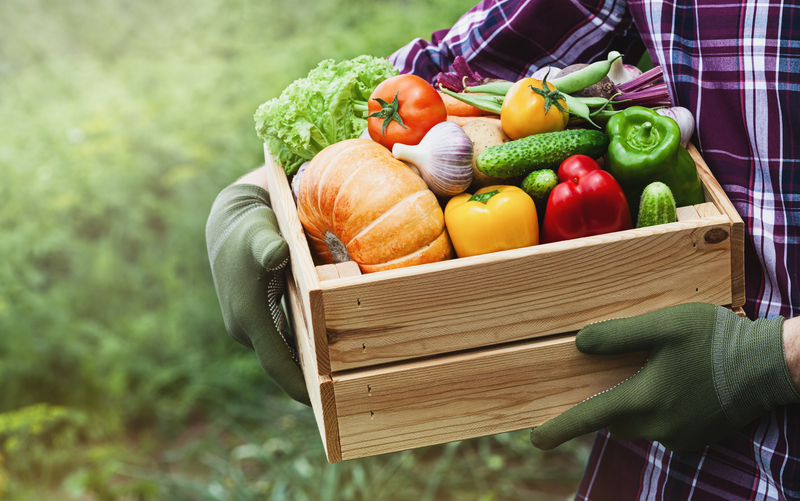According to Myplate.gov, fruits and vegetables should be half of your plate, with a focus on eating whole fruits and varying your vegetables. It is important to eat these nutrients because they supply dietary fiber, which is linked to a lesser chance of chronic diseases. In addition, fruits and vegetables supply vitamins, minerals and phytochemicals that serve as antioxidants and anti-inflammatory agents.
When grocery shopping for your produce, it can be difficult to know when to buy organic. It is important for consumers to buy organically when feasible because fruits and vegetables can have very different pesticide levels. The Environmental Working Group (EWG) is a nonprofit organization that releases two very important annual lists: the Clean 15 and the Dirty Dozen.
The Clean 15 includes the top 15 produce items with the least amount of pesticides, making them safe to buy non-organic. The 12 foods with the most amount of pesticides make up the Dirty Dozen. Ideally, you should purchase the Dirty Dozen organically.
Our bodies naturally eliminate toxins on their own, which is why pesticides are not completely necessary. That being said, organic produce can be expensive, so it is important to know what to buy. (Note: The Clean 15 and Dirty Dozen change each year and should be checked annually.)
As summer fades to fall, seasonal foods change as well. Eating seasonally means eating produce that is fresher, tastier and more nutritious than produce that is out of season. Additionally, in-season fruits and vegetables are cheaper because they are more abundant.
Are you ready to begin eating seasonally? Below, you can find a list of in-season foods and whether or not to purchase them organically based on this year’s Dirty Dozen and Clean 15.
In-season Fruits
- Apples (Dirty Dozen)
- Bananas
- Cranberries
- Grapes (Dirty Dozen)
- Kiwifruit (Clean 15)
- Lemons
- Limes
- Mangos
- Pears (Dirty Dozen)
- Pineapples (Clean 15)
- Raspberries
In-season Vegetables
- Beets
- Bell peppers (Dirty Dozen)
- Broccoli (Clean 15)
- Brussels sprouts
- Cabbage (Clean 15)
- Carrots
- Cauliflower (Clean 15)
- Celery (Dirty Dozen)
- Collard greens
- Green beans
- Herbs
- Kale
- Lettuce
- Mushrooms (Clean 15)
- Onions (Clean 15)
- Parsnips
- Peas
- Potatoes
- Pumpkin
- Radishes
- Rutabagas
- Spinach (Dirty Dozen)
- Sweet potatoes and yams
- Swiss chard
- Turnips
- Water squash
- Garlic
With this information in mind, you can make informed decisions about your produce and your health. Happy eating!
by Carolyn Dziewa

